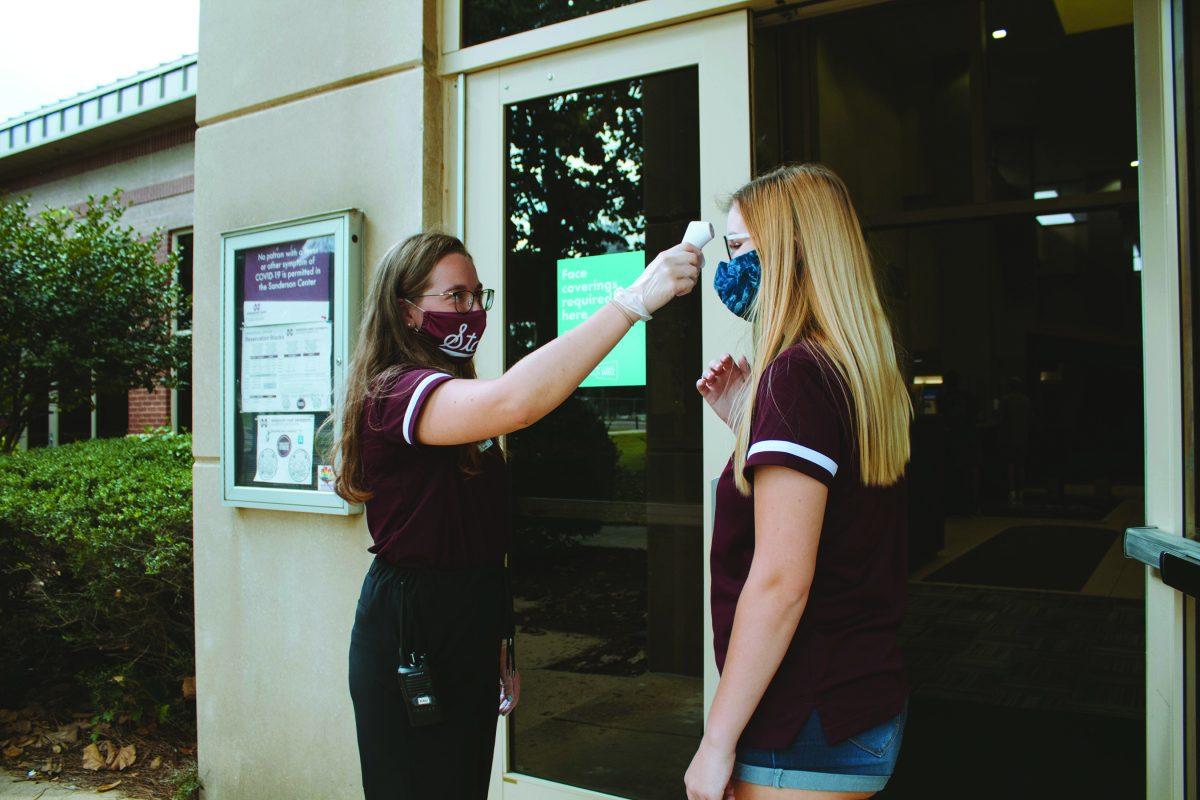As masks and social distancing become the new normal, online education is sparking the interest of many educators and students. What was formerly a costly option for long-distance students and those looking to avoid classroom settings has now become a necessary reality for us all due to the current situation of quarantining. Online education allows any student to continue learning regardless of circumstance and provides opportunity amid a national pandemic.
The students who reject at-home learning may feel they are receiving an inadequate learning experience or feel the flexibility they receive will limit their accomplishments. Some are concerned about potential internet connectivity issues. While online education may limit the personal connections made in the classroom, students can learn to grow and adapt in new ways through learning in this inclusive form.
Regardless of the many complications that come with online education, it is the temporary form needed during the national crisis everyone is experiencing. This new way of learning could invite many good changes.
Technology could reform education in a new and improved way. Students can begin to work on school without having to worry about the stress of the pandemic, and students in any position still have the chance to complete their degree. The integration of internet-based instruction could allow our education to become a technology-friendly place and could bring about further growth in the realm of technology in general.
According to Jon Marcus of the New York Times, the re-introduction of online education could allow faculty to bring about new online tools in their future instructions. Within these new advancements, technology would be further integrated into the learning system and could help students relate to the lessons being taught.
Generation Z, a generation with a strong understanding of technology, could especially relate to the educational world in a better sense if technology were introduced into each seminar. Teachers will also be able to become accustomed to a world of technology they may have never truly known before.
The stress of the COVID-19 outbreak has many unable to concentrate on completing their education and has affected the mental stability of many collegiate students. After spending months in quarantine with little to no interaction with the outside world, the load of schoolwork could send students into a mental decline.
Anya Kamenetz of National Public Radio believes online education, if managed properly, could allow students time to process the current state of the nation while being able to successfully complete assignments.
If the stress of schoolwork is lessened over the internet and the teacher’s grading becomes more lenient, this will give students an opportunity to breathe after all they have endured over the past year. Students are able to work at their own pace. Mental health is an important discussion, especially among those of a collegiate level, and online education helps ensure the possibility of becoming overworked is eradicated or at least lessened.
Many students are performing under stressful conditions which may prevent them from being present at an in-person class. The spread of COVID-19 continues to be an issue in the U.S., and many students are continuing to catch the virus. In order to keep from spreading germs and to keep exposure limited, online education is an option for anyone scared of becoming exposed to the virus or for those who have already been exposed.
According to Lisa Nielsen of Huffington Post, one of the reasons students say they prefer online classes is health issues they might have are not a hindrance, whereas they would be for traditional in-class instruction.
Regardless of the at-home setting, students have an even more direct line of communication to their instructors through Canvas, email and online video interaction, which is especially beneficial for educators as they work to keep themselves safe. This option is a safety net for any student having to deal with the ongoing caution of COVID-19 exposure and can even help those with health conditions that would put them at a greater risk if exposed.
The kinks within this renewed form of education have not all been fixed, but the potential this learning system holds is truly great and impactful. With time, practice and patience, the world may further rely on the practice of online education in order to keep students safe and prepared throughout difficult circumstances. The online realm holds many beneficial perks and is a system which is successfully helping universities make their way through the COVID-19 pandemic.























































































